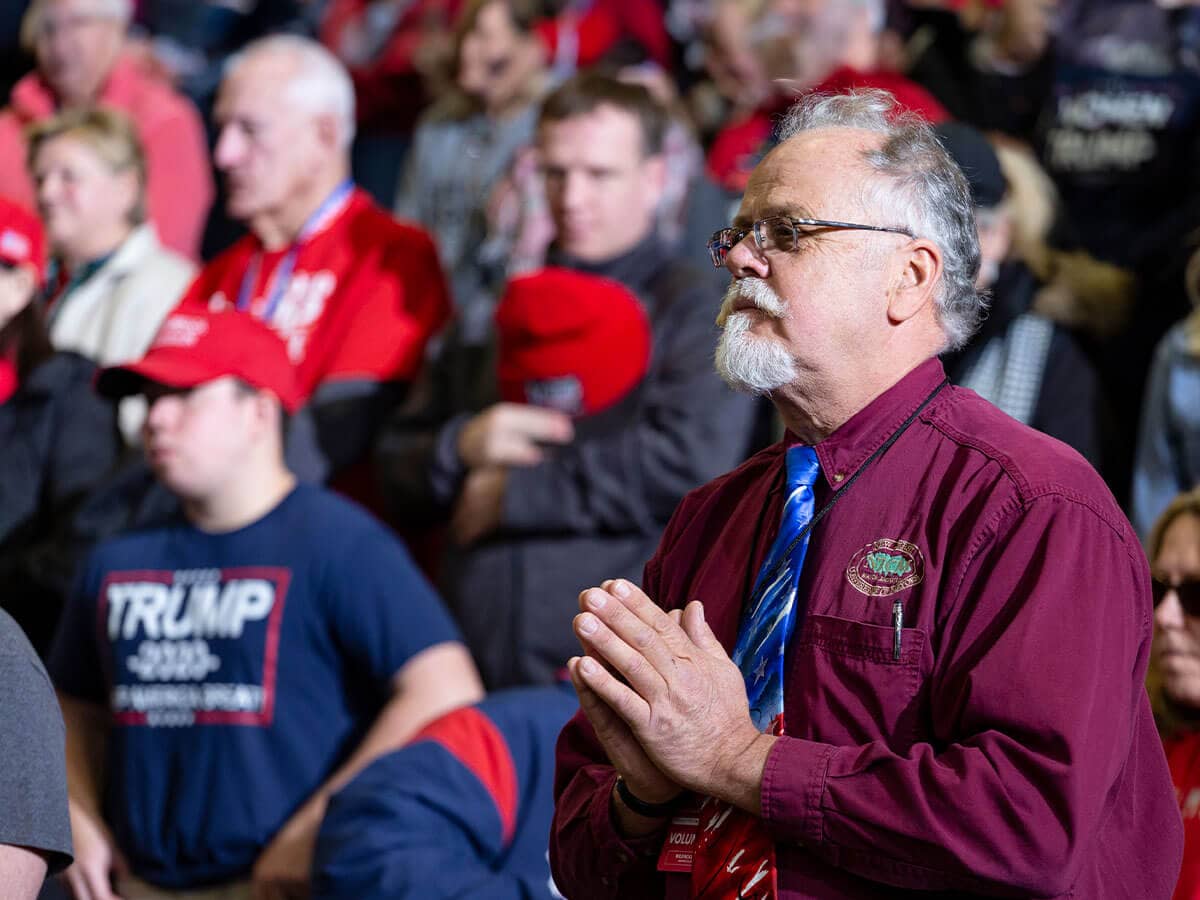The event, scheduled for July 1-9, has stirred debate over human and civil rights and just how separate the Italian state is from the Roman Catholic Church. It has also landed both Prime Minister Giuliano Amato and Mayor Francesco Rutelli in political hot water.
Adding fuel to the fires of controversy is a videotape that Archbishop William Levada of San Francisco sent to the Vatican, which shows revelers allegedly committing acts of desecration during a 1998 Gay Pride gathering in the American city.
"Gay Pride? Not now and not in Rome," Cardinal Camillo Ruini, the archbishop of Rome, declared. Ruini, who serves as president of the Italian Bishops Conference, is considered a possible successor to Pope John Paul II.
But the organizers of the festival, the Circolo Mario Mieli, said they already had rerouted their parade to stay clear of the basilicas visited by Holy Year pilgrims and had moved the festival back one week so as not to interfere with Rome's celebration of the Feast of SS. Peter and Paul, the city's patrons, on June 29.
And that, they told the mayor this week, is as far as they are prepared to go.
Neither the Vatican nor the gay activists raised the question of the church's attitude toward homosexuality, which is at the root of the controversy. The pope, like his predecessors, holds that to be a homosexual or lesbian is not a sin, but that to perform a homosexual or lesbian act is.
World Pride Rome 2000 has been in the works for three years, and its organizers at first got a warm reception from Rutelli, a former member of the Radical and Green parties who heads a center-left city government.
Imma Battaglia, president of the Circolo Mario Mieli--named for a gay rights activist who committed suicide in 1983--showed reporters a 1997 letter in which the mayor offered Rome as "a city that has been known around the world for two millenniums for its cultural openness."
Nor did the Vatican appear to be unduly concerned--at first. Cardinal Angelo Sodano, who as secretary of state ranks just behind the pope in the Vatican hierarchy, commented in February that he trusted "the good sense of the Romans and the Italians."
Things began heating up in April when Francesco Storace of the right-wing and formerly neo-fascist National Alliance won election as president of the Lazio region, which includes Rome. His first act after taking office was to formally ask the national government to call off the festival.
Questioned as to where he stood on the matter, Amato, a former socialist, sided with Storace for the first and, say political analysts, almost certainly the last time. He told the Chamber of Deputies, the lower house of Parliament, on May 24 that "unfortunately" the Italian constitution does not allow the government to block the demonstration.
The prime minister said the event "is clearly an attempt to challenge" Holy Year celebrations. He said he feared that "such a demonstration would be inopportune during the Jubilee" and that he believed "it would be best to hold it in some other year."
Amato found himself praised by his political opponents and attacked by his allies in the Democratic left. "One of the ways to measure a country's level of civilization is how it treats gays, lesbians, and transsexuals," said Maruo Coffaro, the party's civil rights spokesman.
On Monday, the City Council withdrew Rome's official sponsorship of the July 8 parade, billed as the highlight of the festival. The council said the organizers had not provided sufficient assurances of being able to "discipline the event" so as to "safeguard the city's regular business."
The council's decision meant that the marchers could not use the Rome logo and that the $175,000 the city appropriated for the event would be used exclusively to pay police overtime and provide sanitary and medical services.
Katia Bellillo, equal opportunity minister, immediately objected, saying, "At stake here is the democratic and secular nature of the Republic of Italy." Rutelli's wife, journalist Barbara Palombelli, publicly sided with his critics.
Amos Luzzatto, leader of Italy's Jewish communities, told the Rome newspaper Il Messaggero that Italian Jews "are really sorry about this debate against homosexuals." He said Jews and homosexuals suffered "indescribable horrors" side by side in the death camps of World War II, "we with our yellow stars and they with their pink stars."
Meeting Tuesday with a delegation of angry gay rights activists, Rutelli suggested they postpone the festival for another 10 days so it will take place while the pope is on vacation in northern Italy and fewer pilgrims will come to Rome.
The activists refused.
"This," Rutelli responded, "is just the most evident of the many proofs that the Gay Pride organizers are unwilling to negotiate the arrangements, which would be the basic requirement to obtain the city's official sponsorship."

